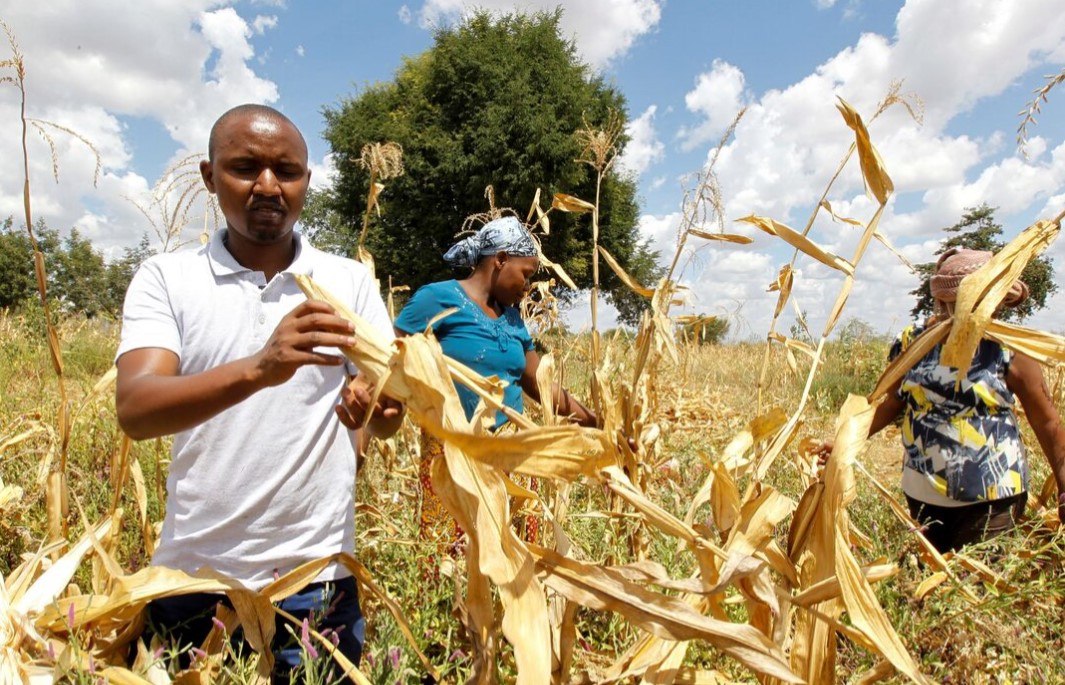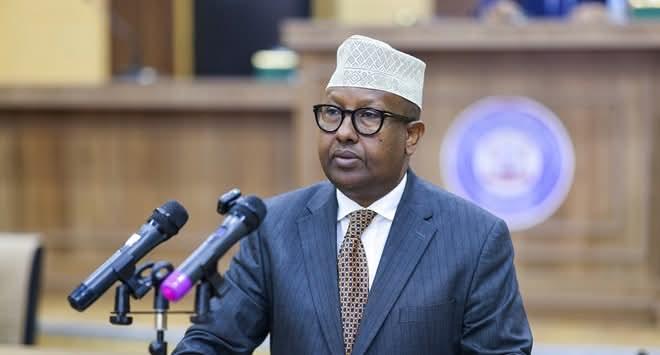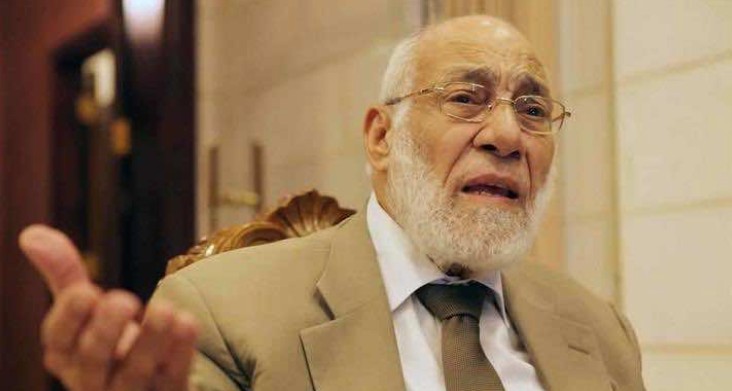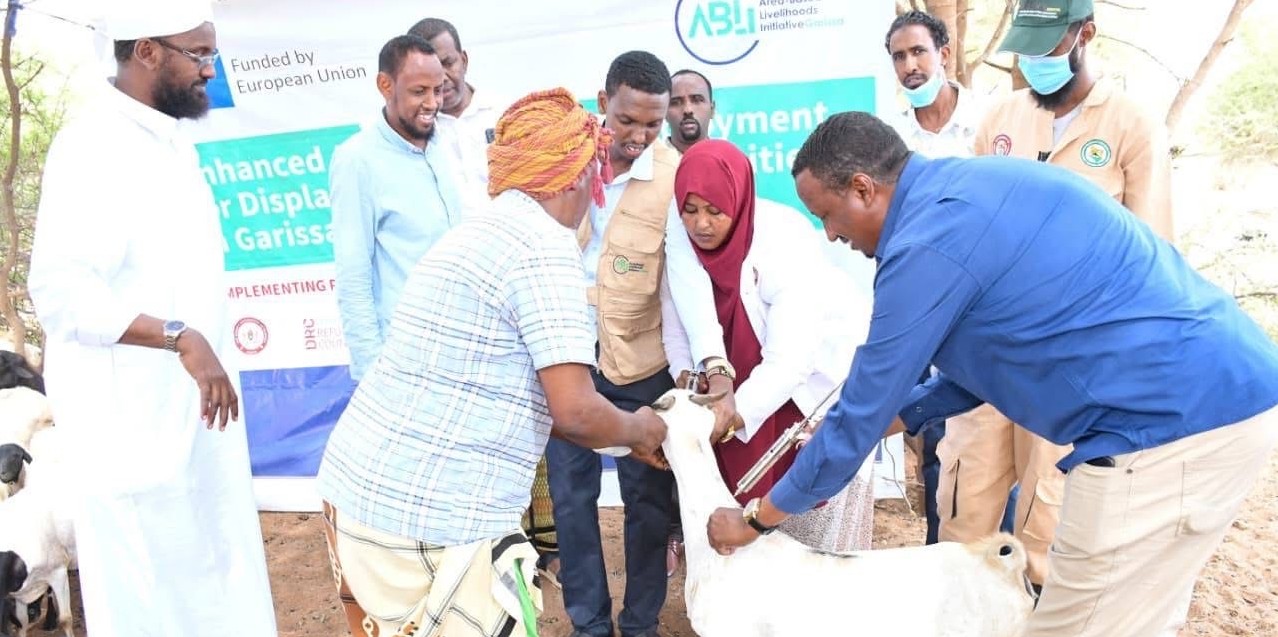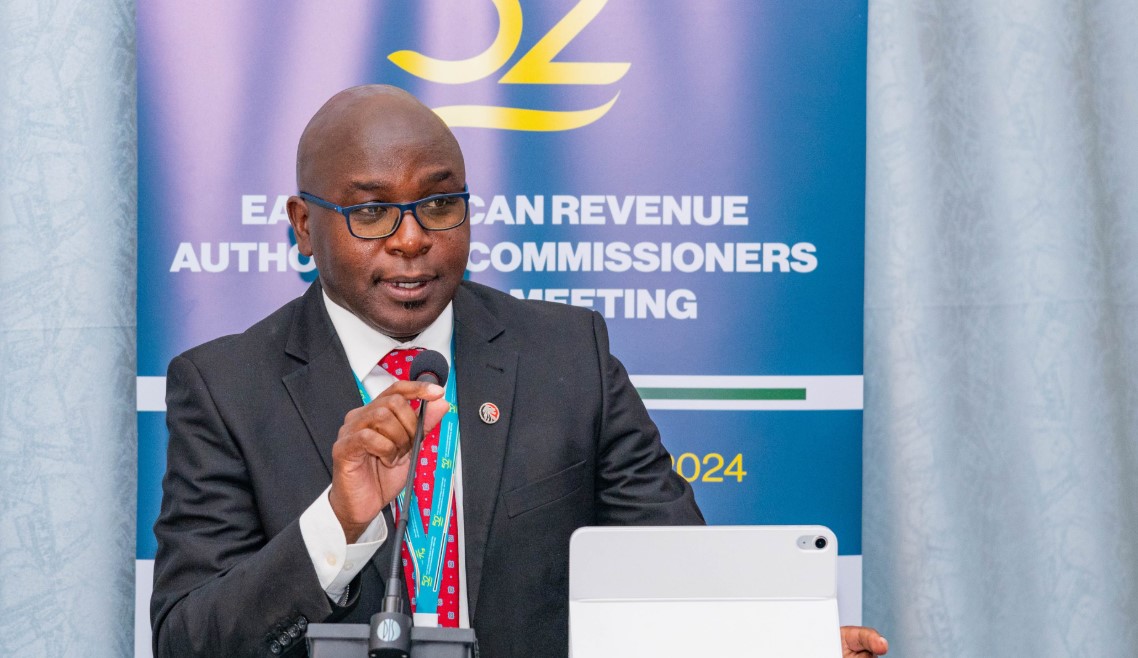MPs grill PS Isaboke after Sh500 million spent on MyGov advertising in newspapers
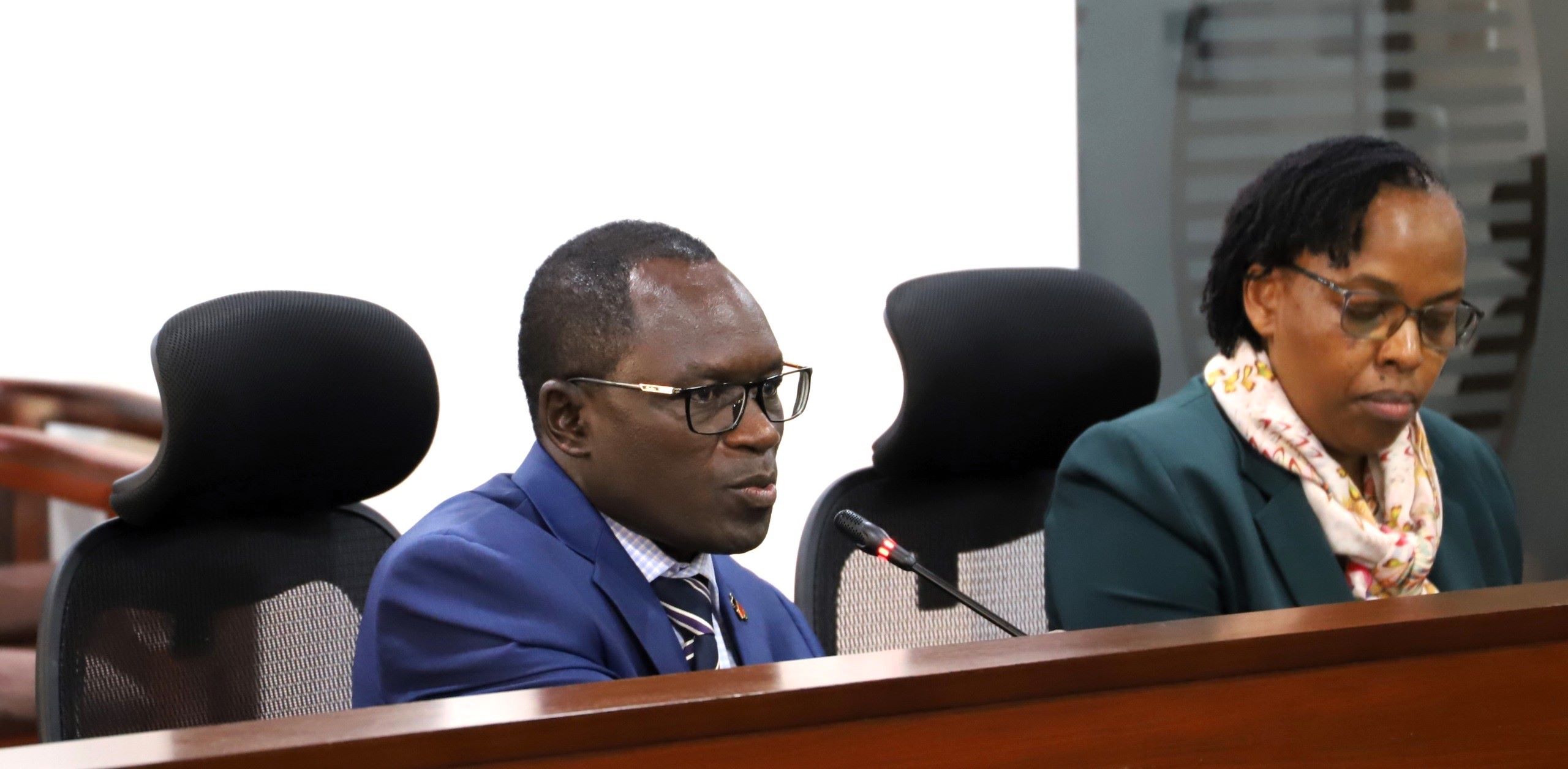
The controversy stems from audit queries in the Auditor General’s report for the financial year ending June 2023, which flagged payments made through the Government Advertising Agency.
The State Department for Broadcasting and Telecommunications came under scrutiny on Tuesday for spending Sh500 million on printing and distributing the MyGov pullout in newspapers, with the Public Accounts Committee questioning whether taxpayers received value for money amid gaps in circulation records and advertising revenue collection.
Principal Secretary Stephen Isaboke faced a hard time defending the agency as MPs raised concerns over payments made to media houses, including outlets that had ceased printing and inconsistencies in revenue generation.
More To Read
- MPs demand clear plan as Treasury delays Sh864 million payments to media houses
- MPs grill Government Advertising Agency over Sh9 million weekly MyGov deal
- Parliament warns Government Advertising Agency's debt crisis threatens public campaigns
- MPs back Stephen Isaboke for Broadcasting PS role, urge Ruto to reassign him over GOtv conflict
- Broadcasting PS nominee pledges to enforce internet regulations, uphold media freedom
- High Court declares ICT PS Kisiang’ani has no powers to decide who gets govt advertising
The controversy stems from audit queries in the Auditor General’s report for the financial year ending June 2023, which flagged payments made through the Government Advertising Agency (GAA), responsible for placing government notices and advertisements in the MyGov supplement.
PAC, chaired by Butere MP Tindi Mwale, noted that despite repeated directives, the GAA had failed to provide verifiable records showing how many copies of the MyGov pullout were printed, distributed or returned.
According to the Auditor General’s report, the expenditure of Sh495,389,974 covered printing, advertising and information supply services paid to four newspapers for producing the MyGov publication. However, revenue from advertisements placed in MyGov did not fully offset the payments.
“In the circumstances, the value for money from the expenditure of Sh495,389,974 could not be confirmed,” read the Auditor General's report.
Gatundu South MP Gabriel Kagombe questioned payments made to The People Daily, alleging that some media outlets had stopped printing yet continued receiving funds.
“The State Department is telling us they paid for printing and distribution, yet some newspapers mentioned here, like The People Daily Newspaper, had even stopped printing. They are no longer printing paper,” Kagombe said.
“They claim to have paid for printing and distribution, but this is outright theft of public funds. This committee has repeatedly asked the PS to monitor what goes to the press, how many copies are printed and how many are returned. They have refused, and the only reason is that theft is taking place in that State Department.”
PS Isaboke, appearing before PAC for the first time since his appointment four months ago, defended the agency. He stated that The People Daily was operational during the period under review and had a valid contract with the GAA.
“Historically, government expenditure on advertising was much higher. The GAA was established to plug this gap and bring efficiency. While the system is young and still on a learning curve, the intention is to deliver services more efficiently,” Isaboke said.
He acknowledged challenges in revenue projections, noting that a forecast of Sh1 billion in advertising revenue yielded only Sh441 million, which he attributed to delayed payments by ministries, departments and agencies.
Rarieda MP Otiende Amollo pressed the PS to provide documentary evidence comparing government advertising costs before and after the establishment of the GAA.
“You stated that prior to the GAA, cumulative government spending on advertising was higher than it is now. If that is the case, then provide an analysis of the three years before GAA was established against the three years under its management. Only with such evidence can we determine whether there is value for money,” Amollo, who is also a senior counsel, said.
He further questioned whether certain newspapers were being deliberately excluded when placing advertisements.
His concerns were echoed by Samburu West MP Naisula Lesuuda, who questioned why advertisements were not placed directly with media houses.
“What informed the government’s decision not to advertise directly with media houses? This raises the question of whether some newspapers are being deliberately excluded,” she said.
Isaboke dismissed the claims, stating that the government has no policy of discriminating against any media house.
“That would be unconstitutional. Any outlet that meets procurement requirements is eligible to do business with the government,” he said.
Kagombe pressed the PS to provide concrete circulation data for MyGov, including the number of copies printed, distributed, returned and verified.
“Can the PS demonstrate, with certainty, how many copies were printed during that year and how many actually reached the public? Did the government truly communicate with the people? Without such data, how do we know these publishers didn’t just print a single copy? That is the evidence we need tabled before us, proof that value for money was achieved,” Kagombe said.
He also questioned why the agency consistently failed to meet revenue targets, warning that unrealistic projections could be used to justify overspending.
“We want a breakdown of the Sh1 billion projection, how you expected to raise it, how much was realised, and whether you are over-projecting to justify overspending,” he said.
Turkana Central MP Emathe Namuar raised concerns over what he termed blatant overspending by the GAA, accusing it of operating outside its allocated budget.
“Why doesn’t the agency spend within the budget given by Treasury? And whenever you go beyond your allocation, is there any formal communication to show that the funds are exhausted? Otherwise, this appears to be another window of looting,” he said.
He also suggested that the government shift from costly print adverts to digital platforms.
PS Isaboke responded that while digital advertising is desirable, the law currently requires certain notices to be published in print.
“We would welcome a review of the law to allow hybrid digital and print publication. Most young people consume news online, but as it stands, we must comply with the law mandating print,” he said.
PAC directed the State Department to submit a detailed report within two weeks, including circulation data, expenditure comparisons and verification mechanisms.
MP Mwale reminded the PS that the audit query concerned value for money, not merely budget allocations.
Top Stories Today


